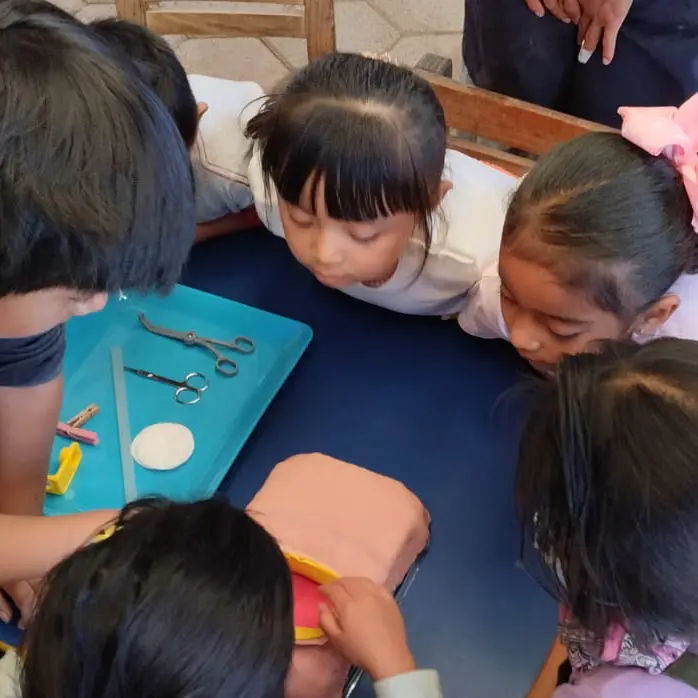1st. International Meeting of children and adolescents within RIDEF
Let's listen to our children and adolescents!
August 4th from 9:00 to 11:00 a.m.

One of the pillars of Freinet pedagogy is the opening of spaces in the classroom for students to express their thoughts, feelings, dreams, desires and needs. Life books, diaries, correspondence, newspapers, theater and school assemblies collect with deep respect the valuable contributions that emerge in the spaces of the free text. The Freinet educators of the movements in the various countries thus support not only the development of diverse languages for children and youth, but also foster the development of self-esteem, critical judgment, cognitive and affective decentering, and world readings.
We start from experiences carried out in Mexico in which, taking advantage of a strategy of virtual meetings, members of different cultural groups, school communities and educational institutions joined their efforts to encourage children and adolescents to express their thoughts, emotions and feelings generated during the pandemic. In December 2020, MEPA held a colloquium in which, in addition to teachers, mothers and fathers, children and young people participated to share their experiences. FIMEM has also participated in other meetings in which it was present, such as “Voices in times of pandemic”, where children and adolescents from Mexico, the United States, Cuba, Cameroon, Italy and Brazil were given a voice.
RIDEF Oaxaca proposes to FIMEM the celebration of an inclusive meeting in which we want to invite children and adolescents, both from Mexico and other countries, to listen to the reflections, questions, requirements, requests and recognition that they make to their teachers and their schools. It would be a hybrid meeting, both face-to-face and virtual, in which schoolchildren would be invited to voice their demands to their schools, the school system and their teachers.
We want to know what children and adolescents think of their teachers, classes, schools, virtual classrooms, what is taught, what is learned in school and what they would like to learn. Having their vision, their interpretation of the school space, their perception of teacher-student relationships will help us to reflect deeply on our educational tasks; it will allow us to change the course of what hurts them and reinforce the interventions that make them fully enjoy the school space.
Let’s listen to our children and adolescents!
It will be the best lesson we can receive!